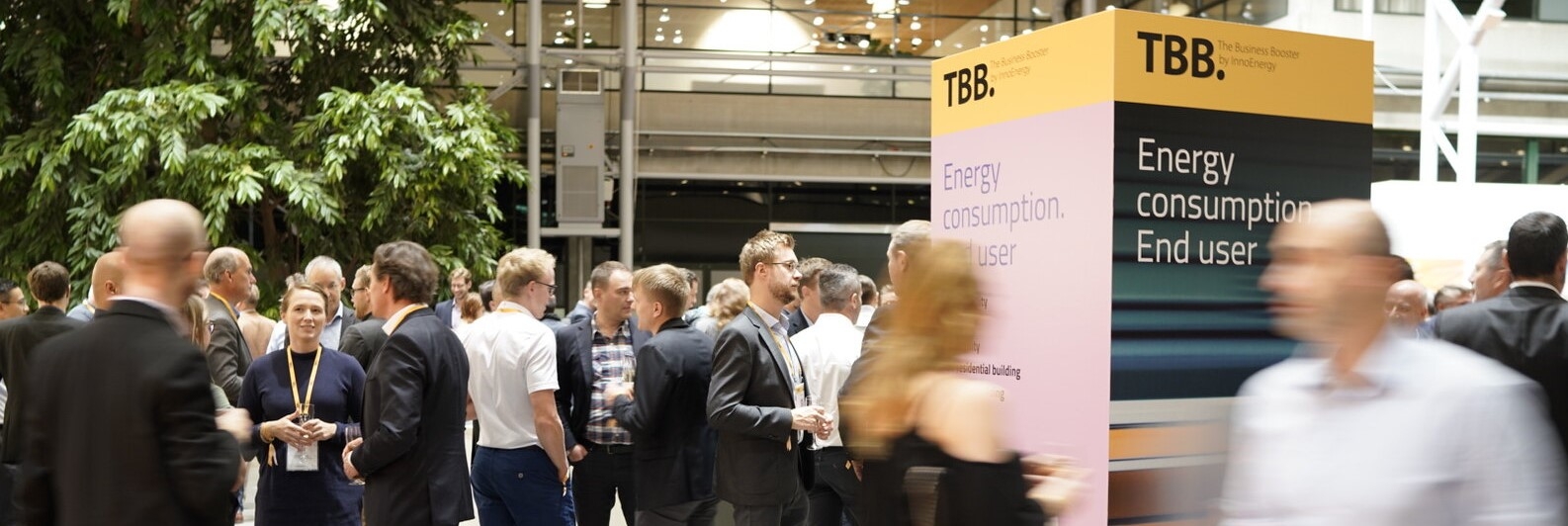Skeleton’s graphene-based ultracapacitors boost double and single decker-buses through low emission zones

InnoEnergy-backed start-up Skeleton Technologies supplies graphene-based ultracapacitors to the latest KERS enabled hybrid-electric double-and single-decker buses produced by the Wright Group Ltd. The two companies have recently announced the signature of a high-volume, multi-million-euro contract over the next 5 years.
Cutting down pollution by saving fuel
The demand to reduce CO2 emissions in city centers is one of the key drivers for WrightBus to implement new technology which cuts down pollution by saving fuel.
The integration of graphene-based ultracapacitors into test WrightBus double and single-decker buses enables a 36% fuel saving compared to a UK based EuroVI diesel bus baseline. It also adds 3 seats in the cabin compared to a battery-based hybrid equivalent. This, even when the bus is full of passengers.
Graphene-based ultracapacitors
With the support received from InnoEnergy as part of the Innovation Project offering, Skeleton Technologies has taken graphene from the lab to the real world: graphene as part of the ultracapacitor technology significantly increases power and energy density extractable from ultracapacitors whilst keeping their internal resistance low and prolonging their lifetime.
With Skeleton Technologies’ cells, WrightBus operators are slashing of their maintenance costs. Whilst the battery may last 2 or 3 years, during their 1 million cycles, the ultracapacitors will quietly sit undisturbed for at least 7.5 years.
Mark Nodder, Chairman and CEO of The Wrights Group
“Skeleton Technologies’ ultracapacitors provide a major fuel saving and will reduce maintenance with a long lifetime. It is also a “Plug & Play” solution adding safety and reliability to the vehicles.”
Taavi Madiberk, CEO of Skeleton Technologies
“Ultracapacitors have been integrated into buses before but the energy and power densities of our ultracapacitors have been key in the selection process. We are excited to be part of the CO2 reduction drive in cities onboard with WrightBus.”
Based on Skeleton Technologies press release.

